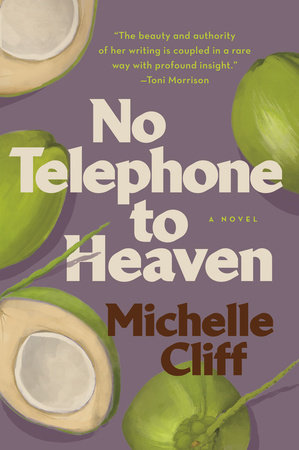No Telephone to HeavenPosted in Autobiography, Books, Caribbean/Latin America, Novels, United Kingdom, United States on 2016-06-23 23:51Z by Steven |
Plume
March 1996 (Originally published in 1987)
224 Pages
Paperback ISBN: 9780452275690
Michelle Cliff (1946-2016)
A brilliant Jamaican-American writer takes on the themes of colonialism, race, myth, and political awakening through the experiences of a light-skinned woman named Clare Savage. The story is one of discovery as Clare moves through a variety of settings – Jamaica, England, America – and encounters people who affect her search for place and self.
The structure of No Telephone to Heaven combines naturalism and lyricism, and traverses space and time, dream and reality, myth and history, reflecting the fragmentation of the protagonist, who nonetheless seeks wholeness and connection. In this deeply poetic novel there exist several levels: the world Clare encounters, and a world of which she only gradually becomes aware – a world of extreme poverty, the real Jamaica, not the Jamaica of the middle class, not the Jamaica of the tourist. And Jamaica – almost a character in the book – is described in terms of extraordinary beauty, coexisting with deep human tragedy.
The violence that rises out of extreme oppression, the divided loyalties of a colonized person, sexual dividedness, and the dividedness of a person neither white nor black – all of these are truths that Clare must face. Overarching all the themes in this exceptionally fine novel is the need to become whole, and the decisions and the courage demanded to achieve that wholeness.





